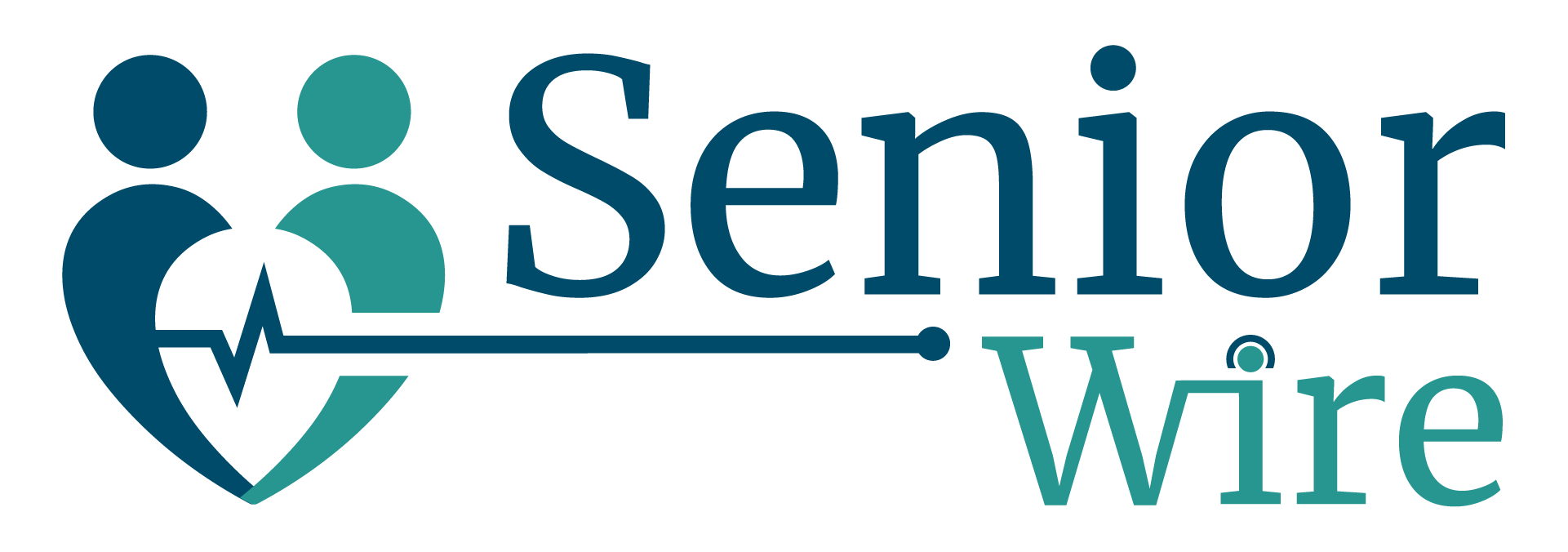Can I Get Medicare Part B for Free? Exploring Options
We all hope to access Medicare Part B affordably, which covers doctor visits. This raises the question: Can I get Medicare Part B for free?
Sadly, while Medicare Part A (hospital insurance) might be free for some people, Part B typically comes with a monthly premium. However, there are ways to significantly lower or even eliminate your Part B costs.
We’ll dive into these options in this article, so you can access Part B affordably. We’ll also explore how Medicare Part B costs work, exceptions to the rules, and programs that might offer you free or reduced-cost coverage.
Understanding Medicare Part B Costs
The cost of Medicare Part B in 2024 is based on a standard premium, currently set at $174.70 per month. This cost can increase depending on your income through a system known as IRMAA (Income-Related Monthly Adjustment Amount). When we talk about getting Medicare Part B for free, the answer depends on the details of this premium and available programs.
The Standard Part B Premium
Most people pay the standard Part B premium. This amount, which can vary each year, is determined by the White House and CMS. These entities base the premium on factors like healthcare expenses and inflation.
Higher Part B Premiums Based on Income (IRMAA)
Those with higher incomes might be required to pay a higher monthly premium, known as IRMAA. If your modified adjusted gross income (MAGI), as reported on your IRS tax return from two years ago, exceeds a certain threshold, you will pay more for Medicare Part B.
For example, if you filed your taxes individually and made more than $97,000 two years prior, or filed jointly with an income of more than $194,000, your premium will increase. So, if your income falls into this higher bracket, getting Medicare Part B for free is not an option. However, if your income has significantly decreased since the income year they use for IRMAA, you can request a review. To learn more about income limits for IRMAA, visit the Medicare Parts A & B Income Related Adjustment Amounts webpage.
Penalties for Late Enrollment in Medicare Part B
Many individuals miss the fact that there are penalties for not enrolling in Part B during their Initial Enrollment Period. Each year you delay enrolling in Part B without a valid reason (like having creditable coverage through work), a 10% penalty is permanently added to your premium. This penalty can significantly impact the cost of your Medicare Part B.
This penalty is crucial when asking if you can get Medicare Part B for free. Not signing up when you first become eligible is often a more significant cost hurdle than the initial standard premium.
Who Gets Free or Low-Cost Medicare Part B?
While most people pay a monthly premium for Medicare Part B, certain programs can significantly lower or eliminate costs. Understanding these programs, including Medicare Advantage and Medicare Supplement, is key for folks asking themselves, can I get Medicare Part B for free?
Medicare Savings Programs (MSP)
Medicare Savings Programs (MSP) are available for individuals with limited income and resources. These programs provide financial assistance for Medicare costs, including premiums, deductibles, and copayments. Individual states administer them, so eligibility criteria and the specific coverage vary.
The MSP programs don’t always guarantee entirely free Medicare Part B. However, they can drastically reduce your costs, bringing it much closer to that “free” goal. For example, the “Qualified Medicare Beneficiary (QMB)” program can fully pay your Part B premiums, making it free for those who qualify.
Contact your state medical assistance (Medicaid) office to see if you qualify and to learn about cost-saving programs in your area.
Extra Help for Medicare Prescription Drug Coverage
While Extra Help is for prescription drug plans (Medicare Part D), it’s indirectly relevant when considering whether you can get Medicare Part B for free. If you receive Extra Help and qualify for Medicare Savings Programs (MSP), your state might also pay your Part B premium.
This highlights the interconnectedness of Medicare support programs. Understanding how one benefit affects others is essential for effectively navigating these options.
Coverage Through Employers and Other Group Health Plans
Those still working past the age of 65 often wonder: can I get Medicare Part B for free because my work provides health insurance? The answer is not straightforward. If your employer has 20 or more employees, and their health plan covers you, you can delay enrolling in Part B without penalty.
However, enrolling in Part B becomes essential once you retire or lose this employer-based coverage. Be sure to understand the implications of your employer’s coverage. To determine the best approach for your situation, review this comprehensive information: Top 5 things you need to know about Medicare Enrollment.
Other Circumstances Leading to Lower Part B Costs
Several less common situations might impact your costs. These are relevant for people researching whether they can get Medicare Part B for free:
- If you qualify for Supplemental Security Income (SSI), a program through Social Security designed for those with limited incomes, your state might cover your Part B premiums, making it effectively free.
- Individuals under 65 with disabilities or specific medical conditions, such as end-stage renal disease (ESRD), who are eligible for Medicare have different enrollment periods and premium costs that could lead to reduced or even free coverage in certain cases. The key takeaway is that getting Medicare Part B for free depends on individual circumstances and eligibility for support programs.
Understanding Enrollment Periods
Successfully lowering or eliminating your Part B costs depends heavily on when you enroll. This factor is often missed when asking, “Can I get Medicare Part B for free?”. Here’s a breakdown of the various Medicare enrollment periods:
Initial Enrollment Period
This 7-month period, starting three months before your 65th birthday and lasting three months after, is your first chance to enroll in Medicare. You can sign up for Part B penalty-free. This period also applies to individuals with disabilities, though the timing is based on the 25th month of receiving disability benefits. Those with ESRD or ALS have special enrollment timelines.
Signing up within this initial period is vital for avoiding penalties later. In terms of getting Medicare Part B for free, enrolling during this window doesn’t guarantee it. However, it ensures you won’t pay extra each month due to late penalties.
Special Enrollment Period (SEP)
Certain situations like working past 65 or losing coverage through a job offer a Special Enrollment Period (SEP) to sign up for Part B without the usual penalty. See if you qualify for a Special Enrollment Period on Medicare.gov.
This period lasts eight months after leaving a qualifying job or losing your current healthcare coverage. Determine if this window might affect your chances of getting Medicare Part B for free.
General Enrollment Period
If you miss your initial and special enrollment periods, there’s a General Enrollment Period from January 1st to March 31st each year. The drawback is your coverage won’t start until July, and you’re highly likely to pay a late enrollment penalty, making getting Medicare Part B for free a firm “no.”
Applying for Medicare Part B
Ready to enroll in Medicare Part B and determine if you qualify for free coverage? You’ll likely need the following forms, depending on your situation:
If you meet the standard Part B eligibility, complete and send the Application for Enrollment in Medicare Part B (CMS-40B) (PDF) to your local Social Security office.
Applying during your Special Enrollment Period (because your employment situation or group health plan has changed) requires a few additional forms. You’ll need to provide information about your recent job and employer-provided insurance. Your employer must complete form CMS-L564, which details your recent or soon-to-end group coverage information.
You’ll also want to complete the Request for Employment Information (CMS-L564) (PDF), providing more details about your employment. If you’re in a special situation, fill out form (CMS-10797) (PDF).
Canceling Your Medicare Part B
While our focus has been on getting Medicare Part B for free, you can stop your coverage if your situation changes. For example, you might find a comparable plan through your employer (learn more about how Medicare works if you are employed past age 65).
If this happens and you must stop Part B, complete CMS Form 1763 and submit it to your local Social Security office. Talk to someone at the Medicare Rights Center’s helpline at 800-333-4114, especially if you live in New York, to discuss your situation. They can help you decide whether canceling your Part B is the best option.
Navigating Medicare Doesn’t Have to Be Difficult
We’ve explored whether you can get Medicare Part B for free. While obtaining Part B without monthly premiums is uncommon, opportunities like the Medicare Savings Program or employer coverage often substantially reduce costs.
Check if you’re eligible for one of the various financial support programs and fully explore all available options to make your quest for affordable medical care easier. Consider contacting an organization like Benefits.gov, which offers a wide range of resources on government assistance programs, including healthcare-related ones.
Understanding your options, enrolling at the right time, and knowing your eligibility for assistance programs can get you as close as possible to a “free” Part B. Researching all the details is crucial for securing affordable coverage.
FAQs about can I get Medicare Part B for free
What income is Medicare Part B free?
Generally, Medicare Part B isn’t entirely free, even for low-income individuals. Those who qualify for a “Qualified Medicare Beneficiary” program through a state Medicare Savings Program might have their Part B premiums completely paid, essentially getting Part B for free.
Is Medicare Part B free now?
No, Medicare Part B is not free for most people. There’s a standard premium that everyone pays, with the cost increasing for those with higher incomes.
What is the lowest cost for Medicare Part B?
The lowest you’d typically pay for Part B is the standard premium, which is $174.70 monthly in 2024. However, those who qualify for Medicare Savings Programs, Extra Help, or have employer coverage might pay less or even nothing.
How to not pay Medicare Part B premium?
The only sure way to avoid paying a Part B premium is to qualify for a Medicare Savings Program (MSP) that covers the entire cost. Otherwise, you will either pay the standard rate or a higher amount if you have a higher income.
Conclusion
While getting Medicare Part B for free is possible, the more relevant question is, “How can I reduce or get help paying my Medicare Part B costs?”. Very few people can completely avoid paying monthly premiums for Part B. However, many individuals qualify for financial assistance through programs like MSPs, Extra Help, or employer coverage, making Part B more accessible and manageable.
While getting Medicare Part B for free might not be a complete reality, many great options are available to help you avoid overpaying for this crucial coverage.

